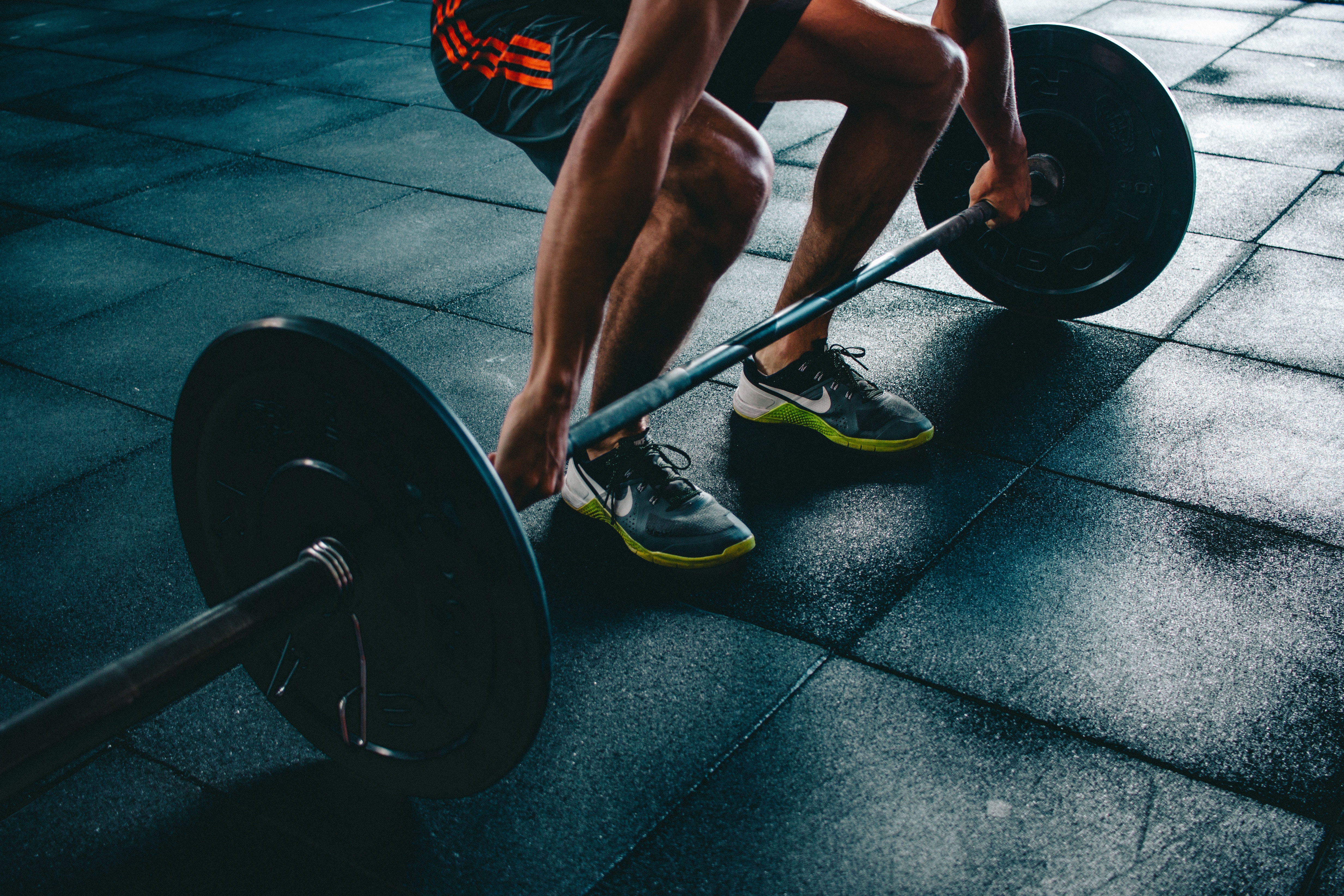How do you know if you have enough testosterone?
The most common presentation of low testosterone (or at least the one most men seem to pay most attention to) is low libido. While there are many different reasons for having a low libido such as physical, psychological and relationship related stressors or imbalances, low testosterone can be the culprit.
As men age their testosterone naturally begins to decline, similar to how women experience menopause, though much more gradual. It’s important to distinguish, however, normal testosterone depletion with age, and the more concerning the excessive lowering of testosterone in older men, or in men under the age of 35. Some signs that you may have low testosterone include low libido, fatigue, weight gain, decreased muscle mass, depressive mood and cognitive decline. Although testosterone replacement is a tempting therapy to jump to, the underlying cause of low testosterone should be addressed in order to achieve optimal physical, sexual and mental health.
The following are some natural ways to help boost your testosterone and help increase your sex drive:
- Physical activity: Exercise may be the number one way to naturally boost testosterone. Regular moderate to intense exercise not only boosts testosterone levels but also increases muscle mass, improves glucose and insulin regulation, increases fat loss, improves cognition and mental performance, and may even improve sexual function.
- Diet: another commonly overlooked aspect of male hormonal health and sexual dysfunction is nutrition. A diet full of vegetables, fibre, complex carbohydrates and healthy proteins is likely to help maintain a healthy weight, prevent cardiovascular events, and improve overall health and mood.
- Anti-inflammatory foods: prevent insulin resistance, inflammation and weight gain by eating lots of dark berries, leafy greens, nuts, seeds, unrefined whole grains, beans, lentils and healthy oils and fats like olive and avocado.
- Healthy Fats: serve as the precursors to sex hormones like testosterone, and estrogens which is crucial for adequate production and regulation. Healthy Omega-3’s come from wild caught fish, flax seeds, chia, and hemp. Other sources of fats include nuts like almonds, Brazil, hazel, and pumpkin seeds. Moderate consumption of cholesterol-containing fats such as organic, free-range lean meats and eggs may help steroid hormone production.
- Avoid trans fats and refined carbohydrates or sugars: These foods feed inflammation and increase body fat which promotes the conversion of testosterone to estrogen in the fatty tissue from an enzyme called aromatase. Decreasing belly fat can help decrease the conversion of testosterone to estrogen preserving the testosterone your body already makes!
- Maintain a healthy weight: Metabolic syndrome, obesity and diabetes has been associated with lower testosterone levels in men. Some suggest that fat cells contain the enzyme aromatase that can convert testosterone to estrogen potentially making fat loss even harder (more fat cells = less testosterone = more weight gain and so on). Therefore, having a healthy body composition could help prevent this conversion, and preserve testosterone.
- Get adequate quality and quantity of sleep: Sleep is the time to rebuild and repair tissue, also known as “anabolic” or building phase. Sleep helps reset homeostasis (or hormonal balance). Growth hormone secretion is increased during deep sleep which allows the body to adequately build and repair tissue. Your hormones all follow a diurnal (daily circadian rhythm), so should you!
- Manage stress: High or low cortisol (stress hormone) levels can alter glucose metabolism, insulin sensitivity, and make weight loss difficult. During highly stressed states cortisol and other stress hormones suppress sex hormones and decrease the availability of testosterone. Adequately managing stress through meditation, deep breathing, yoga, journaling, dancing, singing, and walking outdoors, can all help naturally boost sex hormones.
Bonus Tip: Detoxification & environmental toxin avoidance: Reduce exposure to environmental estrogens “xenoestrogens” found in common herbicides, pesticides, and household chemicals. These hormone-disrupting chemicals create a high estrogen state in the body that can counteract the effects of testosterone. Check your household cleaning and cosmetic products for endocrine disrupting chemicals that you may be exposed to on a daily basis!
In summary, the best way to naturally boost testosterone is to ensure you are getting adequate daily exercise, eating healthy whole foods, maintaining healthy body weight and managing stress and sleep patterns.
Contact your student ND or Naturopathic Practitioner at Empower Health today to talk about potential nutrient and botanical support for natural testosterone production, or if you have any concerns about your testosterone levels.
|
|

